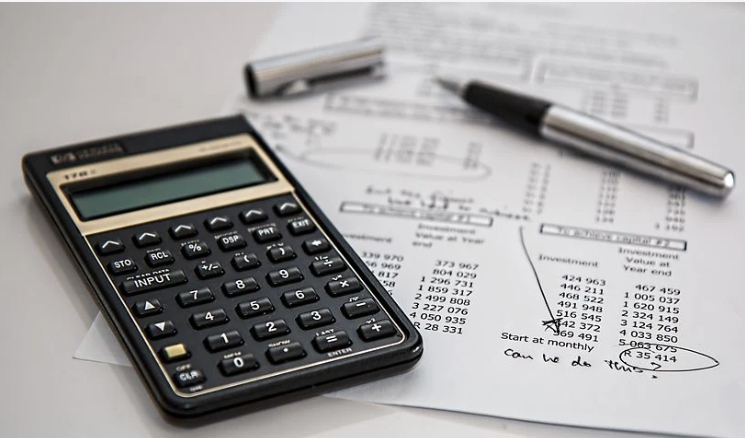As an accountant service based in Dorset, we spend a lot of time working with people filling out self-assessment tax returns. With a growing number of people choosing to become self-employed, the need to understand the tax return has been more prevalent.
To make sure that everybody knows what a tax return is, why they need to fill one out, and how it applies to their lives, we will be covering the basics. Let’s take a look at what you need to know.
What is a Tax Return?
So, what is a self-assessment tax return? Let’s start with the basics and work our way through.
A tax return is something that you have to fill out legally every year. The tax return applies to people who are not employed by somebody or who make a significant amount of money.
What a tax return is is a document that outlines how much you have earned during the year, what you have spent for your business, and it helps you to know how much income and national insurance tax you have to pay to the government each year.
Who Needs to Fill in a Tax Return?
So, there are quite a few people who have to fill in a tax return. First of all, the self-employed need to submit a self-assessment tax return. This is a legal requirement, and you have to do it.
Other groups of people who need to submit a self-assessment tax return include a company director who is not under the pay as you earn scheme for income. Anybody who has untaxed income will need to submit a return. If you receive an annual income from a settlement or trust, or you receive remuneration from the estate of somebody who is deceased, you have to pay tax on it, which involves a return.
If you have income from investments or savings which are more than £10,000 before tax, or if you have an annual income of more than £100,000 before tax, you also need to submit a return.
Submitting a tax return is a legal requirement. If you do not do so, you will be subject to fines and incredibly tough sanctions.
People Earning More Than £100,000
You might be wondering why people who earn more than £100,000 a year before tax have to submit a tax return. The reason for this is relatively straightforward.
For every £2 that your income goes over £100,000, you lose £1 of your tax-free allowance. Because this can get complicated without much involvement, the government mandates a tax return to make sure that they know how much you’re working with.
Final Thoughts
Ultimately, a tax return is just as part of a business as bookkeeping or hiring an accountant. It’s just a part of everyday life that you have to think about, and if you don’t do it, it will be subject to financial penalties. If you don’t know how to file a tax return, you should probably talk to a Hampshire accountant. They’ll be able to make sure that you can get it done.

